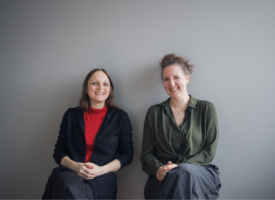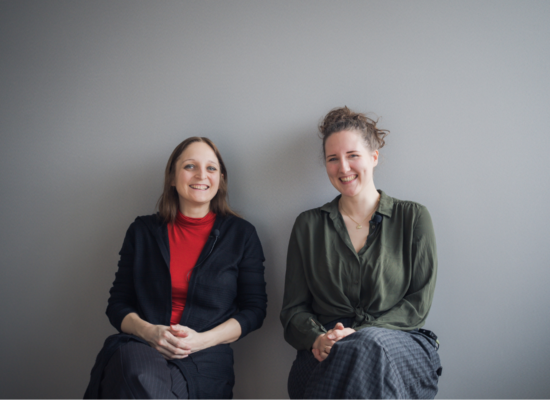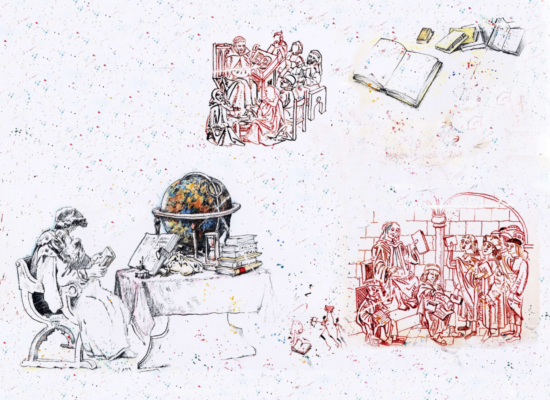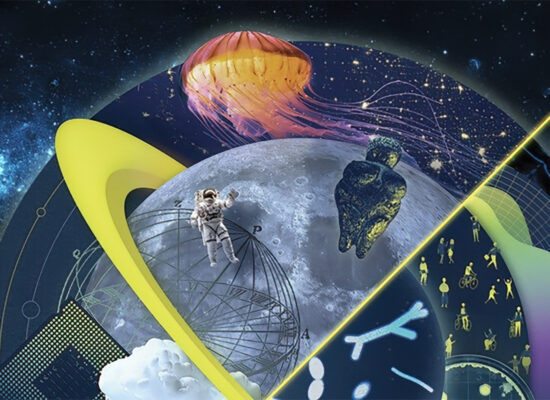

All degree programmes at the Faculty of Psychology are based on the same principles, objectives and values: fundamental training (Bachelor’s and Master’s programmes) is practice-oriented and takes place as far as possible in the immediate vicinity of our health care units (Psychological Outpatient Clinic and Child Psychology Centre). All courses with a practising character are held in small groups and our open-door policy ensures that students get individual and personal support from professors and assistants.
Studying psychology prepares students for a wide range of career opportunities. This wide spectrum of career prospects is matched by a broad range of research-based and research-guided teaching, especially in the Bachelor’s programme. In order to promote a readiness for interdisciplinarity from the very beginning, teaching is also offered in subjects that directly border on psychology: sociology, political science, historical anthropology, economics, etc. In contrast to the primarily natural science-oriented study programmes at Austrian and German state universities and colleges, the curricula of the psychology study programmes at the Faculty of Psychology are also more oriented towards social science, cultural science and the humanities.















